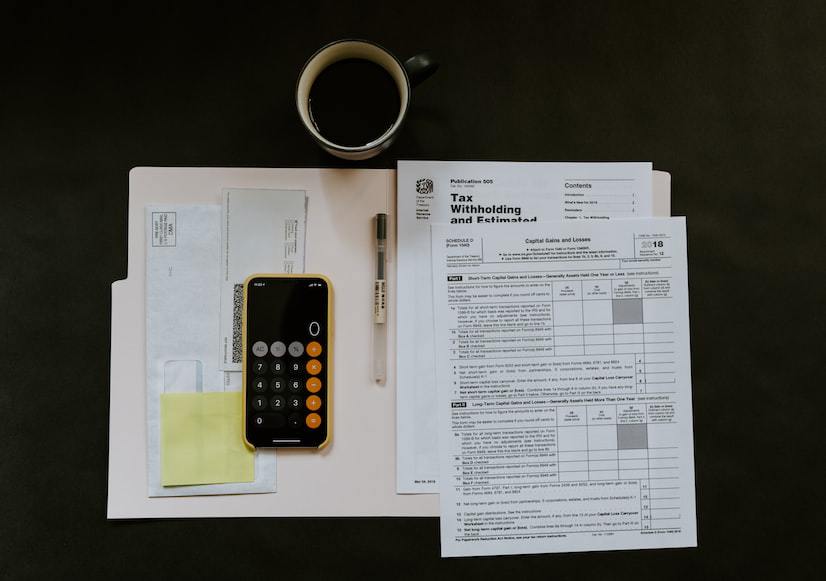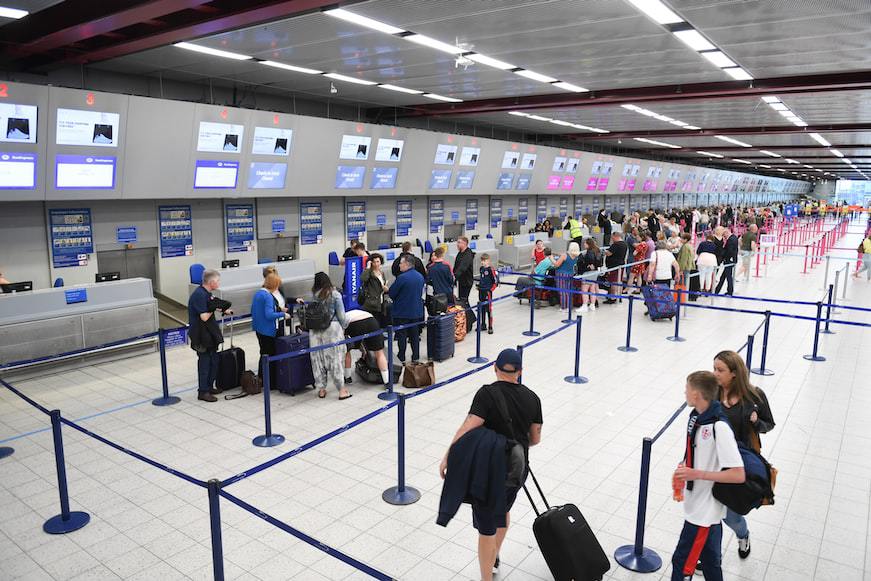6 Reasons Why Investors Should Establish Startup Company in Indonesia
Startup Company in Indonesia is generally defined as a company in the first stages of operations. Startups are commonly founded by one or more entrepreneurs who want to develop products or services which they believe can solve an issue or fulfill a demand in the location they are based in. These days, startups are also commonly associated with advanced usage of technology in their operations, more specifically the use of the internet as a means of distributing their products or services to their target market.
Startup Company in Indonesia
In Indonesia, startups have emerged as the biggest players and it’s not an overstatement to call them the anchor of the country’s economy. This is due to the fact that currently, Indonesia has 9 startups successfully reaching unicorn status (valued above USD 1 billion) and 2 startups reaching decacorn status (valued above USD 10 billion). This means that Indonesian startups have managed to put the country on the map and go toe to toe with the biggest startups in the world.
For foreign investors, establishing a startup in Indonesia is definitely an exciting prospect. In this article, we will explain the reasons why you must establish a startup in Indonesia.
Why Establish Startups in Indonesia
1. Size of Economy
Indonesia’s internet economy is currently thriving, growing with an average rate of 49% since the year 2015. These numbers have positioned the country as the biggest internet economy in Southeast Asia. It is projected that the valuation of Indonesia’s internet economy will pass USD 130 billion by 2025. Among the big players in this sector are e-commerce, online travel, online media, and ride-hailing. The glooming effects of the pandemic doesn’t seem to affect the Indonesian startup landscape. Investors are still quite comfortable injecting their funds to Indonesian startups.
According to DailySocial, there were 71 funding transactions involving startups in Indonesia during the second quarter of 2022, with a valuation estimated to exceed USD 1,4 billion. In terms of the nominal, it recorded an USD 300 million increase from the previous quarter. Furthermore, it is also reported that around 17 Indonesian startups received more than USD 50 million funding during this period. These numbers highlight the immense potential of the Indonesian startup ecosystem
2. Amount of Internet Users
According to a 2022 report by DS Innovate, Indonesia boasts an amount of 204,7 million active Internet users. That accounts for 73.7% of the population. Considering the fact that almost every startup is counting on the usage of the internet to advance their operations, it is no wonder that Indonesia emerged as a huge market for them. By investing in Indonesia, they have the opportunity to market their products and services to the large majority of the population.
According to the e-Conomy SEA 201 Report, the Indonesian e-commerce market represents nearly 50% of the region’s total market size.
3. Government Assistance
When you’re establishing a startup in a foreign company, the local government will always be an important stakeholder. Upon your startup’s inception, you must be sure to follow all the laws and regulations in regards to company establishment. In Indonesia, the government does not just sit back and watch, but rather offers support for emerging startups. In the first parts of this article, we mentioned the amount of decacorns and unicorns in Indonesia. These details were actually brought up by the President of Indonesia Joko Widodo in his annual speech in front of the People’s Consultative Assembly. In his speech, the President also reaffirmed his government’s commitment to fully support up and coming technology-based startups.
Through numerous Ministries, the Indonesian government also made real efforts and programs in support of startups in the country. For example, the Ministry of Communications and Informatics facilitated early stage startups with incubator and accelerator program which aimed to help the companies get on their feet. The Ministry of Research and Technology offered funding and special coaching for startups in relation to the use of technology. Indonesian governmental organizations such as the Financial Services Authority (OJK) is also around to oversee the operations of startups in P2P lending, crowdfunding, insurance technology etc.
4. Plenty of Issues Need Solving
Around the world, startups are hugely successful because they typically serve one purpose: to solve real life problems. In Indonesia, that is also the case. Ride-hailing startups like Gojek were built upon the people’s need of vehicle options that can be summoned anytime and anywhere. That being said, it is fair to conclude that the key for successful startups is to know exactly what problem they are trying to solve. In Indonesia, many startups are already established to solve recurring issues but problems still persist.
One example is road traffic. In Indonesia, especially in Jakarta, traffic jams have become a common sight that has been going on for years with seemingly no solution in sight. On the way to and from work, the traffic will be so jammed that it’s taking hours off people’s lives on the road. It also has a direct knock-on effect on the productivity of the people.
Another huge problem is misinformation. In the era of technological advancement, information spreads at such a quick rate that it is no longer feasible to differentiate truth from lies. Misinformation, also commonly known as hoax, has dangerous implications because it could spark unwanted conflicts among groups in the society. Furthermore, the country is also facing serious data breach issues which are discovered to have sold precious consumer data in exchange for money.
All these problems have one thing in common: there’s no existing startup in Indonesia that has the capabilities to tackle and solve these problems. This represents demands that are waiting to be met. For prospective startups still in ideation stage, these aforementioned problems could be the centerpiece for the start of their endeavors.
5. Relatively Low Cost of Living
As a lower-middle income country, the cost of living in Indonesia is substantially lower than Western countries. Living in Jakarta, the capital city, is 60% cheaper than living in New York or London, 40% cheaper than living in Berlin, and 50% cheaper than living in Melbourne. Compared to its neighbors, living in Jakarta is over 50% cheaper than living in Singapore. You can find accommodation at very cheap prices, apartments and hostels prices vary and lots of options are at your disposal, especially with the emergence of accommodation mobile applications. Eating out is also very affordable. With less than 10 USD, you can easily afford 3 meals per day.
In terms of establishing a startup, the usual foreign company establishment charges a fee of around 675 USD, all-in. In terms of workplace, the common choice is to rent separate office spaces in buildings. Recently, the emerging trend is to use co-working spaces. Using co-working space is more cost-effective than traditional office spaces. For investors, cost of living is also an important thing to consider. With significantly lower cost of living, you can allocate more of your funds for your investment.
6. Ease of Hiring Talents
With the country expected to become the biggest online economy in the region by 2025, the demand for high quality talents in the startup industry has risen higher than ever. New and emerging fields like AI, DevOps, data and programming are becoming popular discourse and young talents with these skills on their repertoire are also increasing.
If you establish your startup in Indonesia, you will have the opportunity to recruit local talents with soft and hard skills in fields like e-commerce, data analysis, fintech, and machine learning. Furthermore, it is worth noting that top universities in Indonesia are now implementing the Kampus Merdeka program. In this program, final year students have opportunity to do an internship that relates with their majors. Many of these students chose to do their internships in startups. With this type of program, it is hoped that the best young talents in Indonesia will be accustomed to the work culture of highly-performing startups. After they graduate, they could potentially go on to work at your startup and perform at a high level.
How can Double M help?
If you have decided to establish a startup in Indonesia, there are multiple procedures that you must go through. At Double M, we offer all the services you could possibly need starting from company establishment, obtaining work permits, recruiting the best talents and many more.









